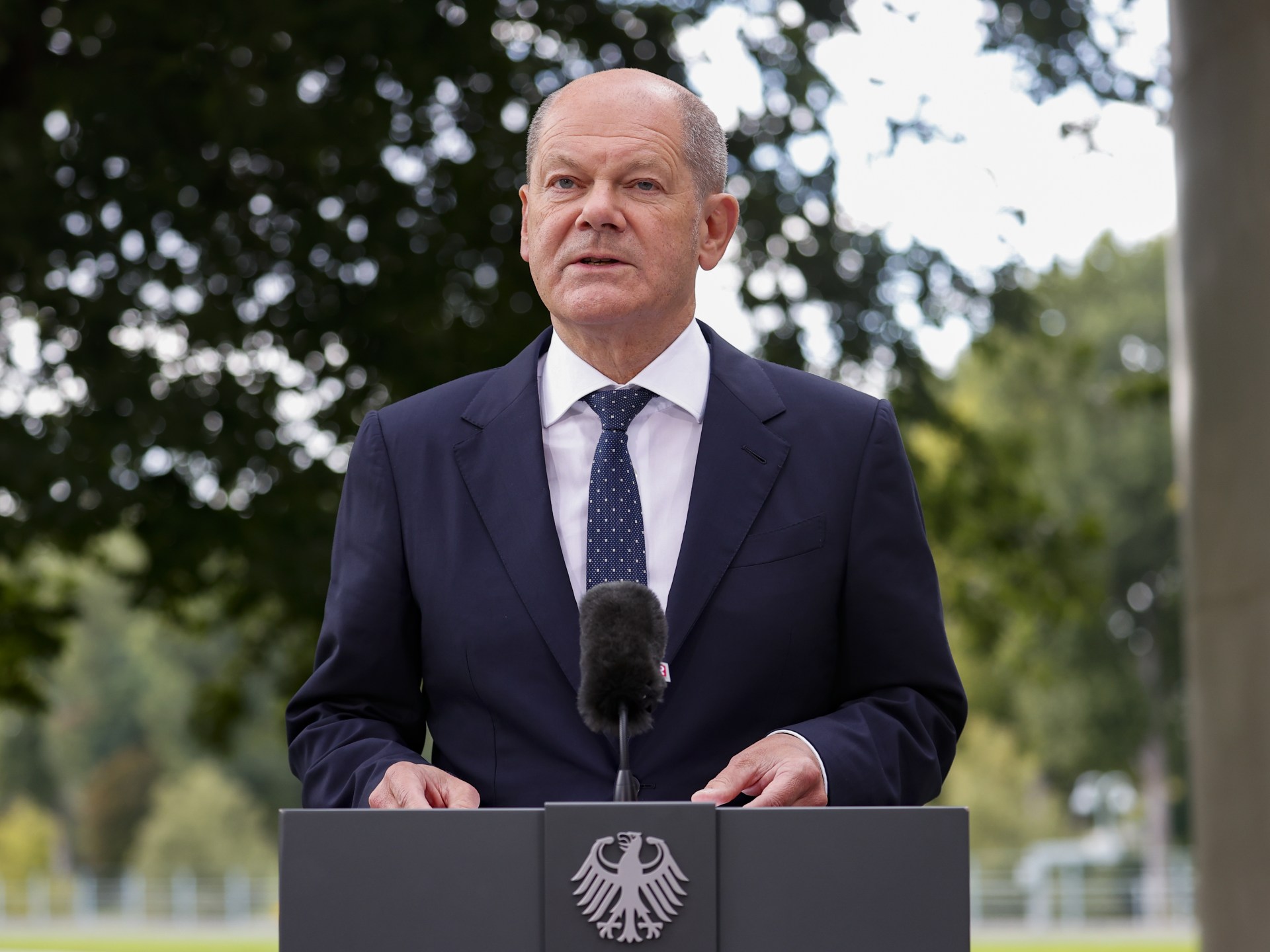German Chancellor Olaf Scholz said on Saturday that his country could increase its population significantly in the coming years, as the government seeks to boost immigration to help avoid a labor shortage and a crisis in the pension system.
Schultz said, during a citizens' forum in Potsdam near Berlin, that the government is working to attract foreign workers to "continue the march" despite the increase in the number of elderly people, or the aging of the population, which makes the population increase by 7% to reach 90 million people by 2070. reasonable.
The German government last month approved plans to reform immigration law, as Berlin seeks to open up the labor market in Europe's largest economy to much-needed labor from outside the European Union.
The government has said it wants to boost immigration and training to address a skills shortage that is weighing on the German economy in a period of weak growth, with an aging population putting pressure on the public pension system.
Schultz said the current population growth, due in part to increased immigration, means the government will likely not raise pension contributions before the end of its term in 2025.
The German Statistical Office said last week that the population is likely to rise by one million, to 84 million, this year due to immigration from Ukraine.
He added that the population could reach 90 million in the coming decades if immigration is large.

